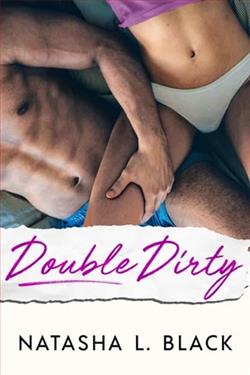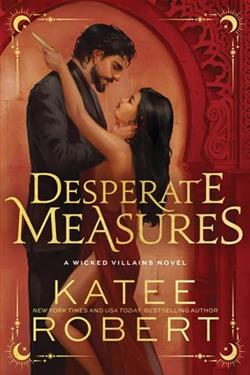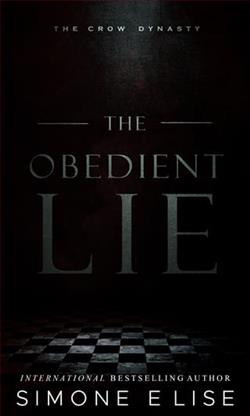Page 76 of To Her
And it did, eventually. The shaking subsided, the nausea became manageable, the headaches dulled from splitting to merely throbbing. But as my body began to heal, the real work started—the work I'd been dreading since I agreed to come here.
Therapy.
I found therapy wasn't my friend. When I pulled up things, it made me spiral, but I did it anyway for the sake of being in here. But I knew I wouldn't attend again once I was out.
Dr. Winters was my primary therapist—a woman in her fifties with silver-streaked dark hair and eyes that seemed to see right through my bullshit. Our first session had set the tone for what was to come.
"So, Geraldine," she'd said, consulting the file in her lap. "This isn't your first time in recovery."
It hadn't been a question, but I'd answered anyway. "No."
"And what do you think was different about this relapse?"
I'd shrugged, already uncomfortable. "I don't know. It just happened."
She'd looked at me for a long moment, her expression neutral. "Things don't 'just happen,' Geraldine. Especially not relapses. They're the culmination of choices, of patterns, of unresolved issues."
"Fine," I'd snapped. "I made bad choices. I know that. That's why I'm here."
"Whyareyou here?" she'd asked, ignoring my tone.
"To get clean."
"You could get clean anywhere. Lock yourself in a room for a few weeks, and physically, you'd achieve the same result. Why are you here, specifically?"
The question had caught me off-guard. Why was I here? Because my mother had arranged it? Because Con had encouraged it? Because I'd hit rock bottom on New Year's Eve?
"I don't want to be that person anymore," I'd finally said, my voice small. "The one who runs. The one who hurts people. The one who's always looking for the next escape."
She'd nodded, seemingly satisfied with that answer. "Good. That's something we can work with."
And work we did. Three times a week, one-on-one sessions where she'd probe and push and question, forcing me to examine parts of myself I'd spent years burying. Group therapy daily, where I'd listen to other people's stories—some so similar to mine it was eerie, others so different I could barely comprehend them—and gradually, reluctantly, share my own.
The questions were relentless. Why did I run from intimacy? Why did I sabotage relationships? What was I so afraid of? What was I trying to numb with the drugs and alcohol? What had happened to make me believe I wasn't worthy of love?
That last one had been the hardest. Because the answer wasn't one big, dramatic event—it was a thousand tiny moments, a lifetime of feeling like I was never quite enough, of believing that if people really knew me, they wouldn't stay.
"But that's not true, is it?" Dr. Winters had challenged during our fourth week. "You have people who know you—really know you—and they're still there. Your mother. Your brother. Your friend James. Con."
I'd flinched at Con's name, as I always did. "They don't know everything."
"Then tell them," she'd said simply. "Start with one truth you've been hiding, and see what happens."
So I had. Not all at once, and not to everyone. But bit by bit, I'd started to open up—first in my calls to James, then in conversations with my mother during her visits.
My mum visited me weekly and always brought me a bag of lollies. She was my biggest cheerleader. We might not have gotten along throughout the years, and she might have only called me to check in, but I had come to understand that wasn't her fault—it was mine. I had pushed everyone away, and the fact that she called me weekly to check in was the only way I allowed her to show that she cared, not how she wanted to, but it had been me. So I had started to open up with her more and allowed her in more. Our relationship had started to flourish, to grow.
The first time she'd visited, a week after I'd arrived, had been awkward. We'd sat in the visitors' lounge, making stilted small talk, both of us dancing around the elephant in the room—the fact that I was back in rehab, that I'd failed again.
"I brought you these," she'd said, handing me a paper bag filled with boiled sweets—the same kind she used to give me as a child when I was sick.
"Thanks, Mum," I'd replied, touched by the gesture despite myself.
We'd lapsed into silence again, the only sound the crinkling of the sweet wrapper as I'd unwrapped one and popped it in my mouth.
"I'm sorry," I'd finally said, the words feeling inadequate but necessary.
She'd reached across the table and taken my hand, her own cool and dry against my clammy palm. "I know, love. I know."















